Audience development

context
Our organization develops practices of participation in culture that result from the strategic guidelines and program activities of the organization. Strategically, we are oriented towards cooperation with a wide range of civil, public and private sector actors. Programmatically, we continuously implement old and develop new cultural, educational and entertainment programs with the tendency that every type of artistic interest and sensibility, which is not already abundantly supported in other commercial and institutional frameworks, is represented and has room for development. It follows that our practices of participation in culture are constantly developing, because we have both a well-established practice and a strategic orientation of involving new audiences in serious work on the program, joint advocacy activities of mutual interest and educational workshops.
We also develop our audience through international partnerships with cultural actors similar in their work model, for the purpose of transferring knowledge and experience in the areas in which we operate and initiating new program collaborations and greater international profiling of the Club Močvara. We are focused on achieving greater visibility of our organization and the projects we implement on the international scene, strengthening projects and programs through new partners and new sources of funding, as well as education and training of employees through cooperation with quality European organizations. We are members of the European networks Liveurope, Trans Europe Halles, and since recently, EEnlarge Europe. Scenergies is also one such network through which we learned a lot and got inspired for future actions in this field.

Implementation at MOČVARA
Daily program: As part of the ESF project Močvarna akademija, we conducted a small research called Trnje in Močvara – Močvara in Trnje (Trnje is the neighborhood in which our club is situated), which brought us closer to the needs and wishes of the neighbors in the immediate vicinity of the club, as well as to spark interest in a wide range of actors in the process of addressing these needs within the club premises. The daily program represents the basic strategic orientation for the implementation of activities intended for the neighbors of Močvara in the neighborhood of Trnje.
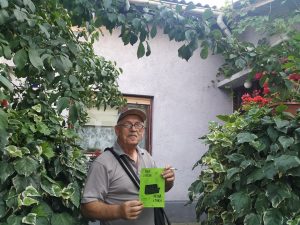
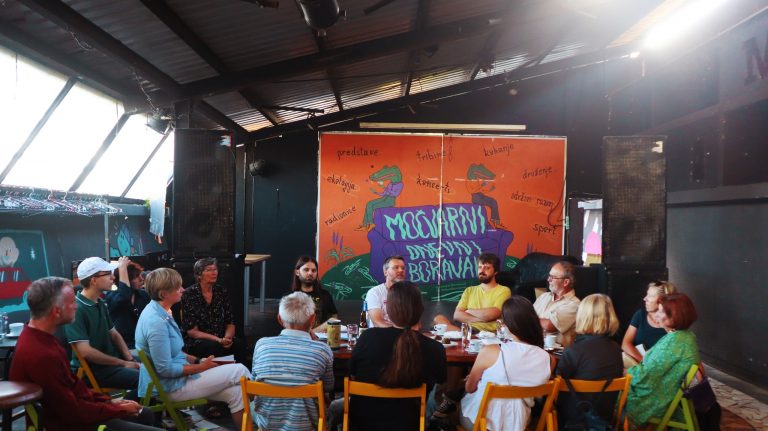
Continuous development of educational programs: Through the project Močvarna akademija, Močvara improved its volunteer system and developed a workshop program with a series of new workshops connected to the Club’s regular programs (literary, film, theater, gallery, music workshops). Our project Močvara Lab focuses on unformal education and we have been implementing it for 18 years now. Through different projects we collaborate with several high schools and we organize workshops for them, but also give students the opportunity to use our venue for their programs and to organize school events while collaborating with us. This has proved highly efficient in promoting our positive image. I have an idea! is a relatively new activity the club has been doing, and it enables the audience to propose ideas for improving the club’s program and the organization of its own events, with the mentoring of URK associates, and represents the audience’s direct contribution to the formation of the club’s new identity.
I have an idea! opens up the space for direct tailoring of the program by the audience with the mentoring of our team, which helps them implement the idea into realization, and through this activity the audience gains valuable immediate organizational experience. This set of activities is extremely important to us for long-term positive changes in the organization and more efficient dedication to the development of the audience in our work, because Močvara has built its image from the very beginning on the idea of community and inclusiveness, and a good relationship with the audience is one of the key factors that has maintained the club’s work for over 20 years.
Coordination and connection of programs: Močvara strives to achieve synergy between different programs so that users have the opportunity to discover artistic affinities that they may not have been aware of or had the opportunity to develop. This strategy is represented by the program “Invisible Močvara”, which allows participants to get to know the processes of actors and organizers of events in the Club. This program is aimed at deepening relations with the existing audience that already has an interest in the work of the club and association, attends our programs or belongs to our main target groups (students, youth, music lovers, etc.). Through the activity, we introduce the audience with our work and the processes that take place in the background, as well as with the people of different profiles who are behind our programs. The audience also gets the opportunity to meet artists and musicians (who are performing in the club that day) and motivation for further involvement in the work of the association and club, along with concrete knowledge about the work of civil associations, self-organization and opportunities to join the independent cultural scene.
Residency program – “co-working” space: The collaborative and inclusive dimension of Club Močvara, i.e. its function as a viable and reliable training ground for cultural participation activities, was particularly visible during the pandemic, when we organized a series of cultural events, workshops, volunteer events, cooperation with schools, participatory audience research and residence programs, in safe and professional conditions and in circumstances of extremely reduced activity of other actors on the cultural scene. A large number of smaller organizations ran out of space, so we ceded the club’s space in the morning for rehearsals to various artists, which we continued to do even after the pandemic. In addition to giving space, a certain number of users of the space also had the opportunity to perform their work in front of Močvara’s audience after the rehearsals.
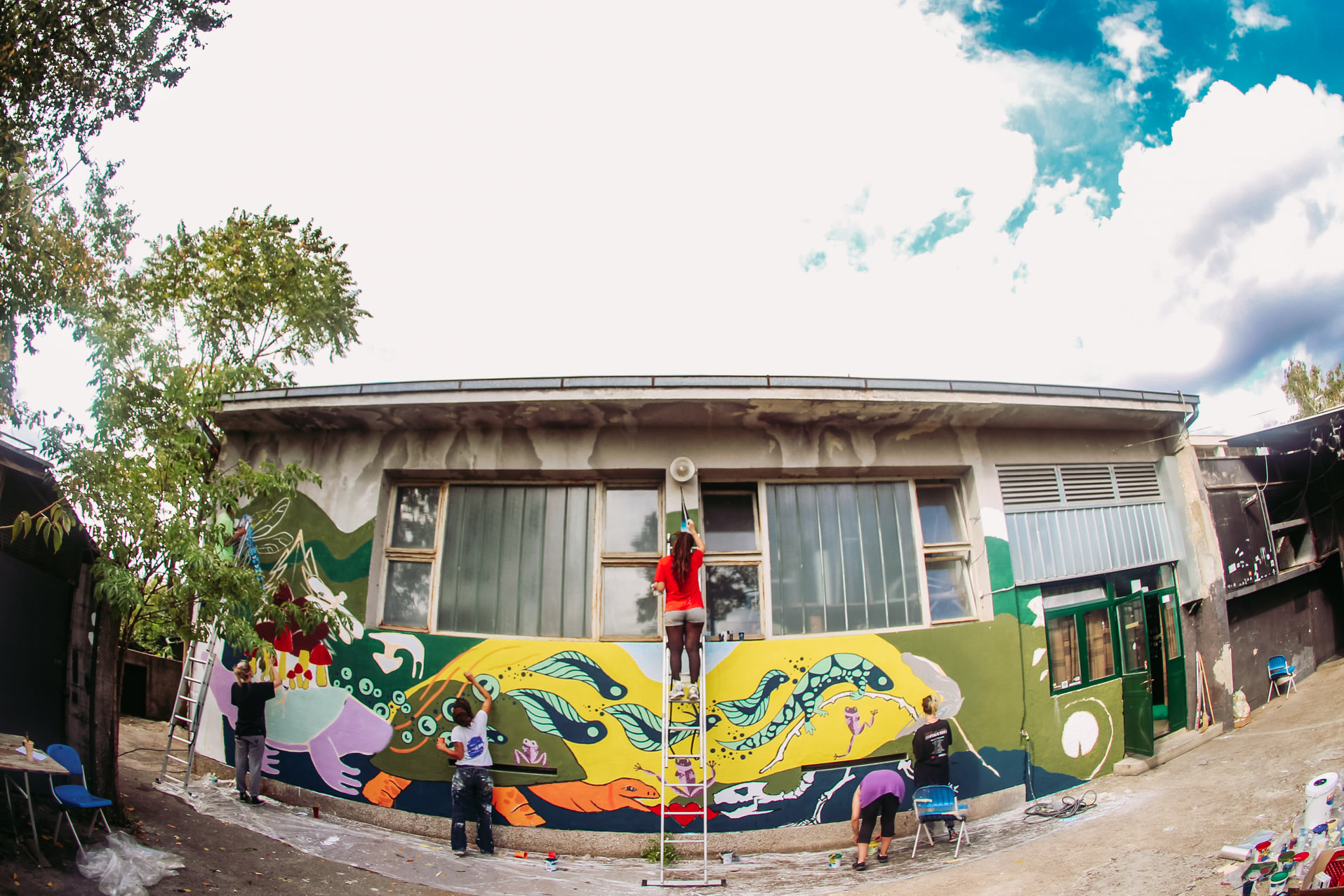
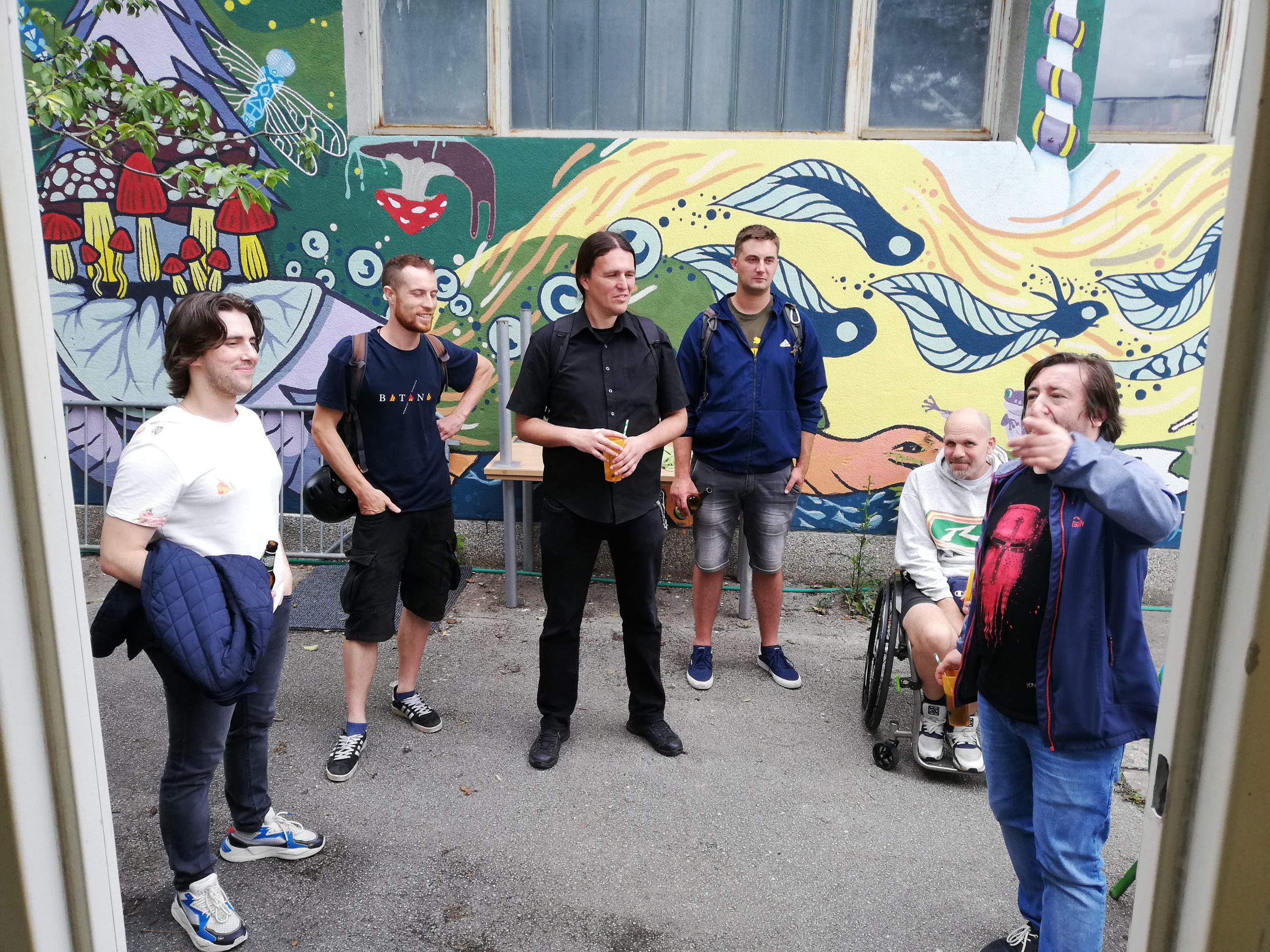

Benefits
The main benefits of these good practices are, of course, a more inclusive relationship with our audience, the education of possible future audience members, the audience has a stronger connection to the club and to the work the organization is doing. All of this fosters the organization’s longevity and grants a more loyal audience, which in turn allows our organization to educate our audience even more and develop their interests through our program.
Our target groups are:
Alternative music lovers, young people, high school students, students
They are interested, in addition to a wide range of music programs, in specific areas such as film, literature, theater and activism. We offer young people/students a number of opportunities to practically apply knowledge acquired at school and/or university. Most young people do not have large incomes, so it is important for them that the events, workshops and similar they attend are as cheap as possible or free, which the club enables them to do (all the activities we do for the purpose of audience development are free, as is our informal education program). Through getting to know the work of the Club and the opportunity to get involved in the association’s projects, young people have the opportunity to learn new skills that can be used for both personal growth and employment.
Local population
Through questionnaires and focus groups, residents of the Trnje neighborhood expressed their needs and made suggestions for the development of the programs they want to see in our club. The results of the research showed that the residents of Trnje want different musical programs (concerts, parties, dance parties, etc.), educational programs for all ages (workshops for children, workshops on the topic of ecology – environmental protection, cleaning actions, strengthening solidarity and community), social/entertainment activities (quizzes, fairs, flea markets, social games, etc.) and thematic programs focused on the city district of Trnje itself (exhibitions of old photos from Trnje, screenings of films about Trnje, as well as lectures on urbanism and architecture).
Civil society organizations, artistic organizations, artists
Many organizations have a great need for space to carry out their own activities because they do not have their own space or do not have adequate space and finances that would enable them to carry out their activities in an adequate way. Arts organizations often have problems finding a space where they can hold rehearsals and work on their plays, performances, and the like. Over the years, our organization has been a partner of many actors of the civil scene, and the area of Močvara has always been accessible for use by members of various associations and activists. We provide an opportunity for cultural workers and artists from various fields to present their work in an informal environment and to come into contact with the public, thereby promoting their work.
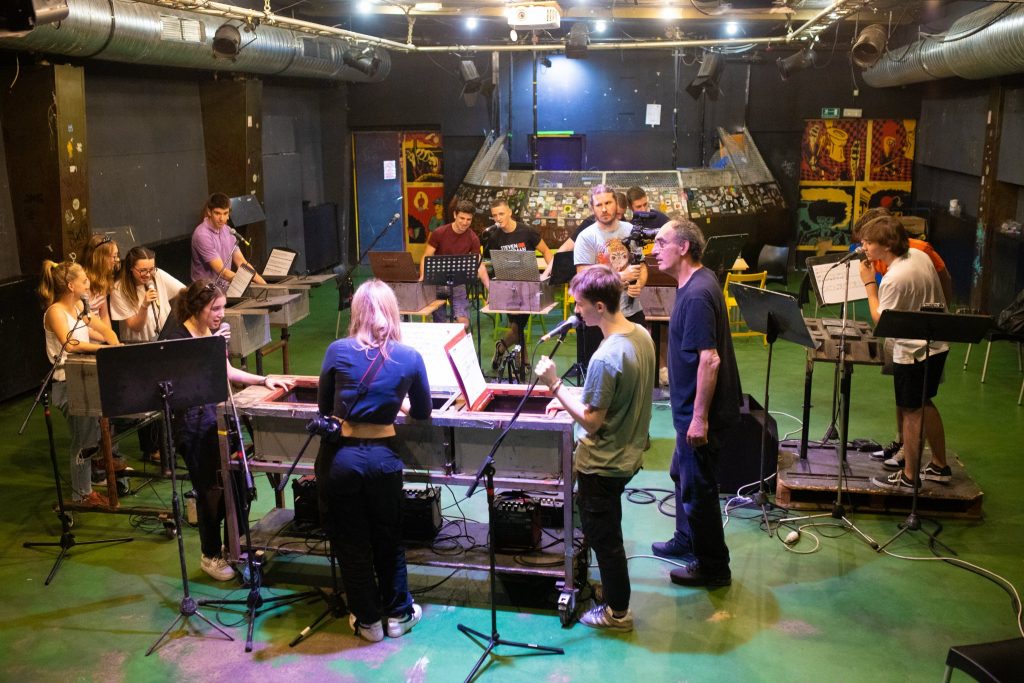

Challenges
Audience development takes a long time, but the results truly pay off. It is a challenge to do additional activities when organisations are already overworked, but it is key to think about audience development horizontally and include small, free additions for your audience to activities you’re already doing.

Resources and other examples

